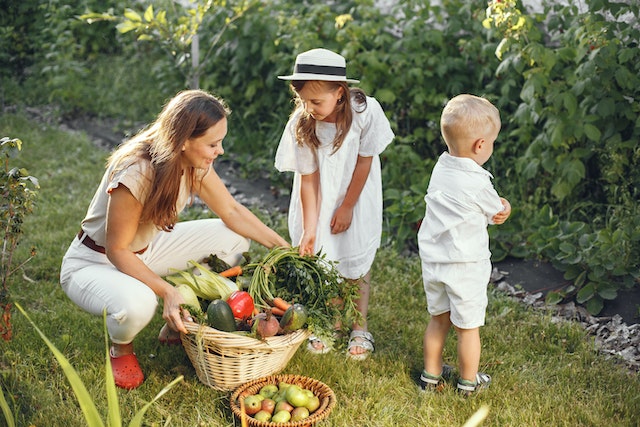Gardening is more than just a hobby or a way to beautify your surroundings. It can also be a spiritual practice that connects you to nature and helps you cultivate mindfulness. By approaching gardening with a mindful attitude, you can deepen your appreciation for the natural world and find peace and tranquility in the process.
In this article, we’ll explore the benefits of gardening with mindfulness and offer some tips for cultivating a spiritual connection to nature through your gardening practice.
The Benefits of Gardening with Mindfulness
Gardening with mindfulness can have a range of benefits for your physical, mental, and emotional well-being. Here are just a few of the ways that gardening can help you cultivate mindfulness and connect with nature:
1. Reducing stress and anxiety: Gardening has been shown to have a calming effect on the mind and body, reducing stress and anxiety levels. By focusing on the present moment and the task at hand, you can quiet your mind and find a sense of peace and relaxation.
2. Connecting with nature: Gardening allows you to connect with the natural world and appreciate its beauty and complexity. By observing the growth and development of plants, you can gain a deeper understanding of the cycles of life and the interconnectedness of all living things.
3. Cultivating gratitude: Gardening can help you cultivate a sense of gratitude for the abundance and beauty of nature. By nurturing plants and watching them grow, you can develop a sense of appreciation for the simple pleasures of life.
4. Improving physical health: Gardening is a physical activity that can help improve your overall health and well-being. By getting outside and moving your body, you can boost your immune system, improve your cardiovascular health, and reduce your risk of chronic diseases.
Tips for Gardening with Mindfulness
If you’re interested in cultivating a spiritual connection to nature through gardening, here are some tips to help you get started:
1. Start small: You don’t need a large garden or a lot of experience to start gardening with mindfulness. Begin with a small container garden or a few plants in a sunny window, and focus on nurturing them with care and attention.
2. Practice mindfulness: As you tend to your plants, try to stay present in the moment and focus on the task at hand. Pay attention to the sensations in your body, the sounds and smells of nature, and the growth and development of your plants.
3. Use all your senses: Gardening is a sensory experience, so try to engage all your senses as you work. Listen to the birds singing, feel the soil between your fingers, smell the fragrant flowers, and taste the fresh herbs and vegetables you grow.
4. Embrace imperfection: Gardening is a process, and not everything will go according to plan. Embrace the imperfections and learn from your mistakes, rather than getting frustrated or discouraged.
5. Connect with others: Gardening can be a social activity that connects you with other like-minded individuals. Join a gardening club or attend a workshop to learn from others and share your experiences.
Conclusion
Gardening with mindfulness can be a powerful way to connect with nature, cultivate gratitude, and find peace and tranquility in your daily life. By approaching gardening as a spiritual practice, you can deepen your appreciation for the natural world and develop a sense of connection and harmony with all living things. So grab your trowel, get outside, and start cultivating your own spiritual connection to nature through gardening.










